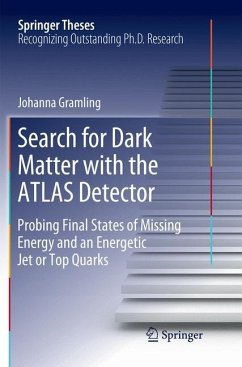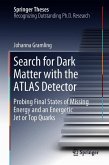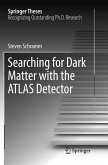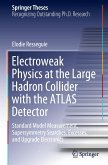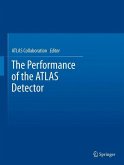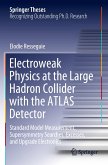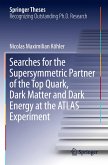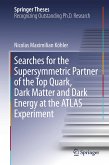This book discusses searches for Dark Matter at the CERN's LHC, the world's most powerful accelerator. It introduces the relevant theoretical framework and includes an in-depth discussion of the Effective Field Theory approach to Dark Matter production and its validity, as well as an overview of the formalism of Simplified Dark Matter models. Despite overwhelming astrophysical evidence for Dark Matter and numerous experimental efforts to detect it, the nature of Dark Matter still remains a mystery and has become one of the hottest research topics in fundamental physics.
Two searches for Dark Matter are presented, performed on data collected with the ATLAS experiment. They analyze missing-energy final states with a jet or with top quarks. The analyses are explained in detail, and the outcomes and their interpretations are discussed, also in view of the precedent analysis of theoretical approaches. Given its depth of coverage, the book represents an excellent reference guide for all physicists interested in understanding the theoretical and experimental considerations relevant to Dark Matter searches at the LHC.
Two searches for Dark Matter are presented, performed on data collected with the ATLAS experiment. They analyze missing-energy final states with a jet or with top quarks. The analyses are explained in detail, and the outcomes and their interpretations are discussed, also in view of the precedent analysis of theoretical approaches. Given its depth of coverage, the book represents an excellent reference guide for all physicists interested in understanding the theoretical and experimental considerations relevant to Dark Matter searches at the LHC.

